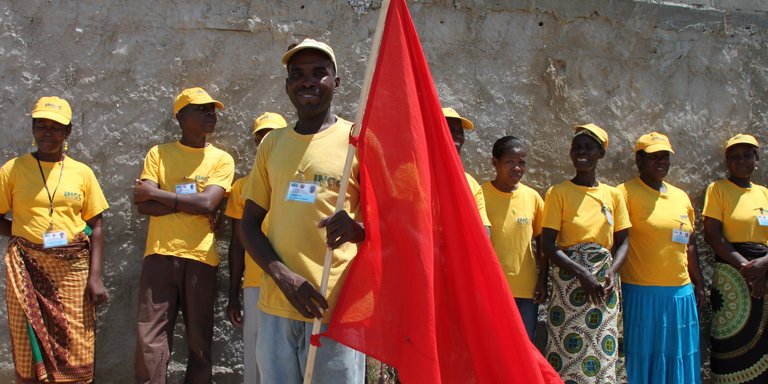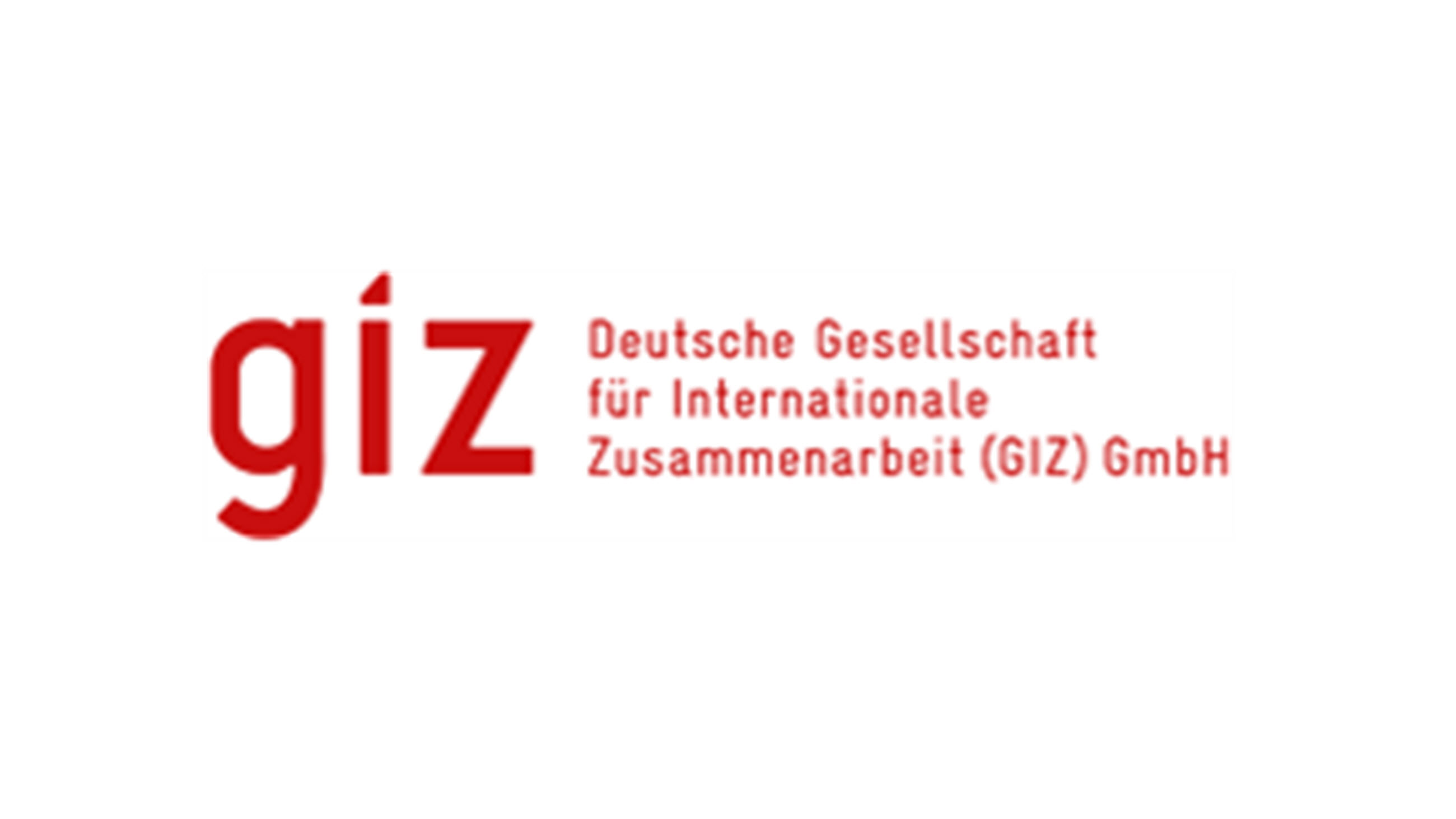
RISK Award 2012 - IP Consult/Ambero Consult
Making the city of Beira (Mozambique) resilient to floods and cyclones
properties.trackTitle
properties.trackSubtitle
The inaugural RISK Award was presented by Munich Re Foundation, UNISDR and GRF Davos at the high profile IDRC disaster prevention conference in Davos on 26 August to a project aimed at using basic means to reduce the risk of flooding in slum areas of the city of Beira in Mozambique.
About the project
In view of the increasing settlement of exposed areas globally, the first RISK Award focused on early warning in urban areas, which was in keeping with the long-standing UNISDR (United Nations Office for Disaster Risk Reduction) campaign, "Making my city resilient". A jury chose the winning proposal out of the 38 submitted. The €100,000 prize money will go to the project "Making the city of Beira resilient to floods and cyclones”, which will be set up in Mozambique's second largest city.
Risk during heavy rainfall
The population is soaring in Beira's coastal districts, especially in the slum areas of Chipangara and Chota. The infrastructure cannot keep pace with the sprawling development of rudimentary housing. Drainage channels that appear harmless in dry weather rapidly swell and overflow during heavy rainfall. These flash floods are a threat to the city's inhabitants. There is also a risk of storm surges from the sea, because cyclones can force the water into the drainage channels. The situation is especially critical if high waves coincide with torrential rain and becomes dramatic if people are caught by a flash flood in their sleep.

The IP Consult/Ambero Consult project developers and their partners, the German Agency for International Cooperation (GIZ) and Mozambique's National Institute for Disaster Management, have begun setting up flood committees in slum areas. Committee members take real pride in their role and have good community networks. They are told where people can take refuge and they understand the community's risk situation. Practice drills are held so that they can learn the correct evacuation procedures. Regular committee meetings ensure the city's inhabitants are progressively familiarised with the different steps involved.

The seven members of the RISK Award jury fully agreed on the winning project. What distinguished the Beira project was its inherent simplicity, and the fact that it is easy to replicate. One of its key features is its inclusion from the outset of the people at risk. In addition, the project is backed by Mozambique's INGC, the National Institute for Disaster Management, which can provide useful input based on experience it has gained in cities like Maputo (see interview in the download area). The project has potential because it is tailored to the community and enjoys the support of the national authorities. In cities throughout Mozambique and worldwide, people will be better prepared, and that will promote development.
Project report "Into Action"





